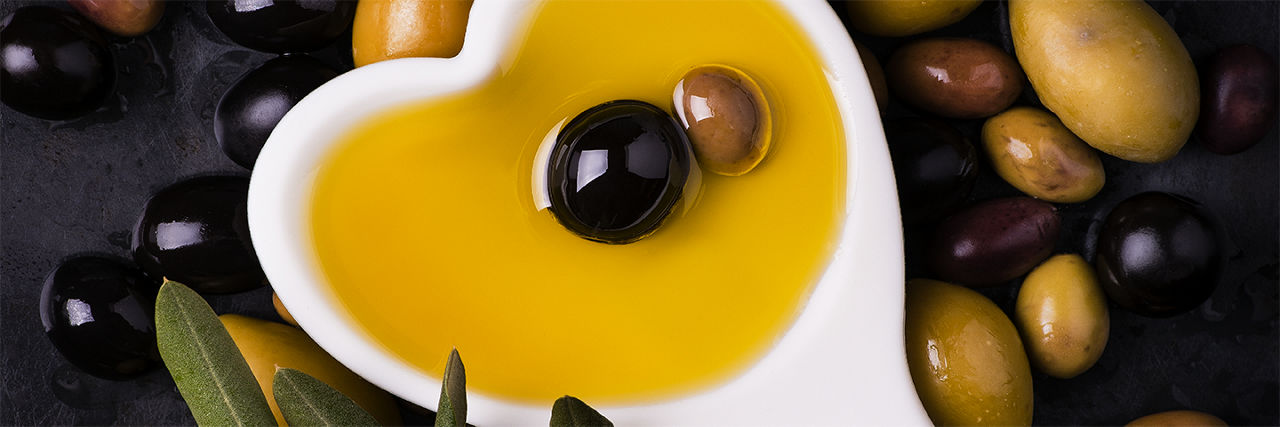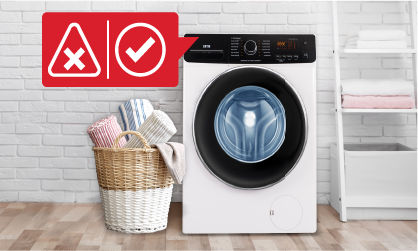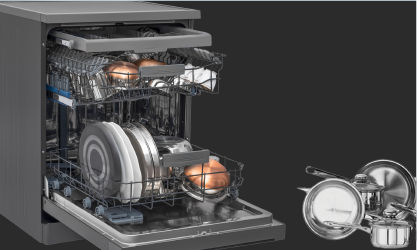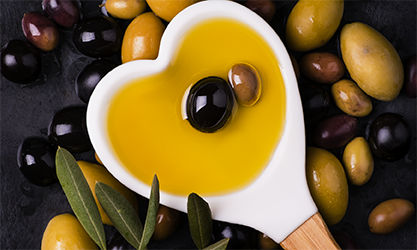Eating isn’t just about munching on delicious food. We need to ensure our bodies also receive the right nutrients in a balanced amount to live a healthy life. For this, one must master the art of using ingredients in ways that make the dish both wholesome and tasty. Using too much of any one ingredient can ruin a dish – an excess of spices will make it bitter, or overuse of oil can cause indigestion.
The world today is becoming increasingly health conscious owing to the rise of lifestyle-related diseases. We know that excessive use of oil leaves us with weight problems and skin disorders. Yet, we use copious amounts when cooking, assuming it will contribute to the flavour of the dish.

It is important to understand that most oils are high in fat, sodium and calories. A single gram of fat contains 9 kilo calories, more than double that of carbohydrates and protein. Most oils also add no flavour to food. Opting for a minimal or oil-free diet means your food will not only taste better but also be healthier to consume.
It might seem baffling to think of cooking with minimal or no oil, but this has its benefits. Begin by opting for other cooking mediums such as water or broth or alternative techniques including grilling, steaming or baking.
The market today is flooded with kitchen appliances that can help you with your new method of cooking while simultaneously preserving the nutritional value of your dish.

IFB has introduced its Health Chef Ovens that can even fry your food with little or no oil, while also providing you options to bake, toast, and grill dishes in the same appliance. They are simple to use and incorporate a variety of functions in the same oven to help you cook nutritious, oil-free meals that make you feel good.
So how do we move to oil-free cooking? Here's a 3-step guide to help you:
- Understand the enemy: Oil is 100% processed fat that is unhealthy in large amounts. It consists of unsaturated, saturated, and trans fats. Unsaturated fats are considered healthiest, and come in two forms – monounsaturated (such as oils made from olives, sesame seeds, canola, avocado, and nuts) and polyunsaturated (such as oils from sunflower, fish, cottonseed, flaxseed, soybean, and safflower). Saturated fats are considered bad for the body and tend to be higher in calories. They come from oils made from palm, coconut, dairy products, and meat. The most harmful category is Trans fats, found in partially hydrogenated oils.
Cholesterol, also found in the oil, has developed a bad reputation. While good cholesterol or high-density lipoprotein (HDL) helps the body, bad cholesterol or low-density lipoprotein (LDL) promotes health issues. Trans fats are responsible for greatly raising LDL levels in the body while reducing HDL levels. So consider the amount of excess fat we eat per meal when using oil in our cooking.
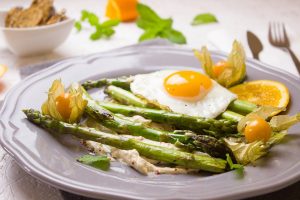
Research has also shown that repeatedly heating oil also changes its properties in a way that is hazardous for vital organs and increases associated risks of hypertension, hypercholesterolemia, atherosclerosis, osteoporosis, neurodegenerative diseases, and cardiovascular issues.
- Take baby steps: It is important to be patient and gradually reduce the use of excess oil and fat. Old habits die hard, but they can eventually be changed. Check ingredient labels for partially hydrogenated oils and stop buying those products. Avoid eating too much-processed meats like sausages and salami, and slowly cut down the amount of oil used when cooking – say from three tablespoons per dish to one. It's even possible to fry an egg in water by adding just a drop of oil in it. When making chicken gravy, remember that the meat itself releases ample amounts of fat which is enough to make a tasty dish. Considering this, we do not need an external source of oil.
Look at saving calories by eliminating oil – instead of vegetable oil which contains 135 calories including 15g of total fat, try a cup of vegetable broth which is just 15-20 calories. Or simply use water. - Learn the art of substitution: Look for healthy substitutes for your favorite foods. To bulk up your meals, add nuts that are packed with heart-healthy nutrients and boost physical and mental performance. Rich in vitamins and minerals, coconut is anti-inflammatory, regulates your body’s vital processes, and improves the immune system. Eggs are an excellent source of protein and essential fats, while avocado has heart-healthy monounsaturated fats and fibre. Soybeans are another great source of fats and proteins.
Meat lovers can opt for white or oily fish such as goldfish, whiting, red bream, hake and cod for omega-3 fatty acids and phosphorous. Clams, lobster, oyster, squid and spider crab are low in fat and carbohydrates, and rich in protein, iodine and zinc.
When making salads, substitute fatty dressings like mayonnaise with balsamic vinegar, salsa and lemon juice. Steam or grill vegetables, or saute them using water, vegetable broth or vinegar instead of oils. Tomatoes and onions browned in the oven add excellent flavour over oil when cooking. Junk food like fries and nachos can be baked.
When baking, substitute half the amount of oil with curd, almond meal, mashed bananas or potatoes or avocado, pureed plums or tofu, flaxseed paste or buttermilk. You all soon discover umpteen ways to minimise the use of oil when cooking.



